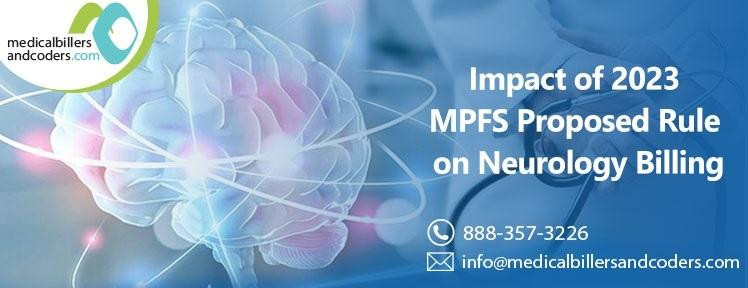Is the 16-Day RPM Rule No Longer a Revenue Barrier for OBGYNs?

The 16-day RPM rule is becoming less of a revenue barrier for OBGYNs due to regulatory clarifications, improved device compliance, and better billing workflows. Previously, the requirement that remote patient monitoring (RPM) devices collect data for at least 16 days per 30-day period limited reimbursement opportunities. For OBGYN practices managing pregnancy-related monitoring and chronic maternal conditions, this rule often restricted consistent RPM reimbursement . Recent operational adjustments and clearer CMS guidance are changing how practices approach RPM billing for OBGYNs . What Is the 16-Day RPM Rule? The 16-day RPM rule requires that patient monitoring devices record and transmit data for at least 16 days within 30 days to qualify for monthly RPM reimbursement. This rule was designed to ensure consistent patient engagement, but it created challenges in: Short-term pregnancy monitoring Intermittent blood pressure tracking Gestational diabetes management Post...




Comments
Post a Comment